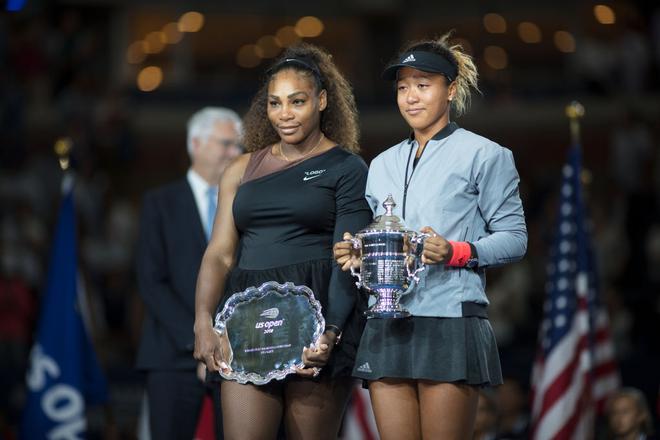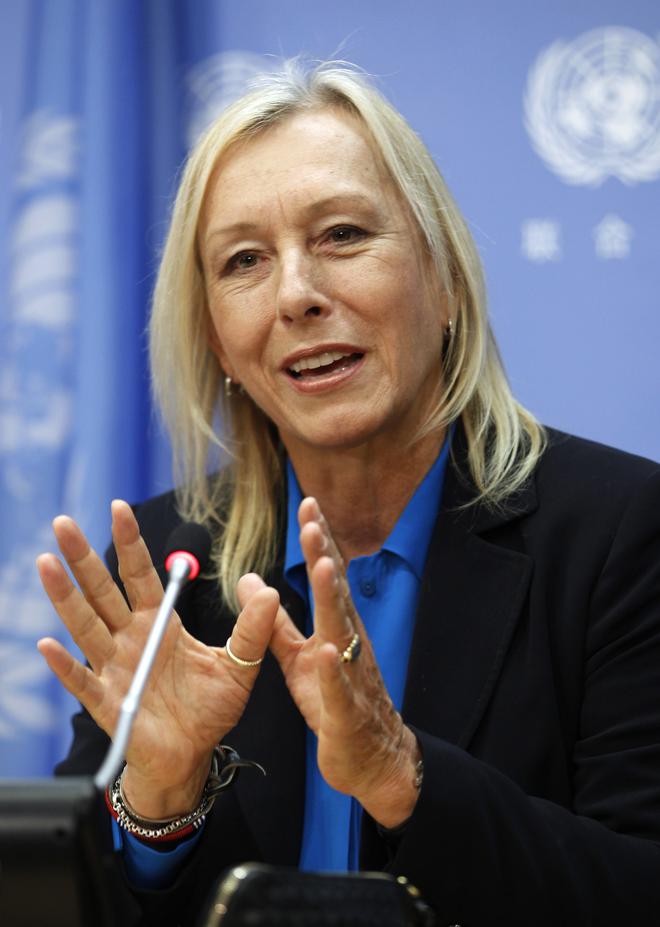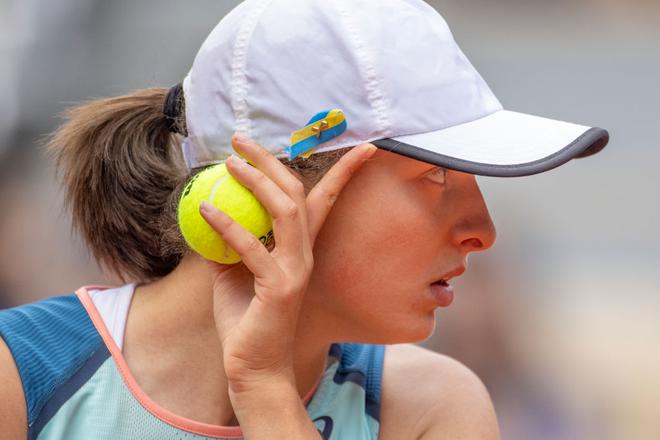For long, a woman’s worth in sport was a function of whether she could match a man or be better than him. It was no different in tennis, where benefits and privileges weren’t shared equally. At the 1972 U.S. Open, the men’s singles winner took home $25,000. The women’s winner received $10,000.
This was part cultural, with the general attitude being that women were inferior to men, and part economic, with the differentiating factor being the number of sets women played in a match vis-à-vis men: three to five.
Cut to the present, women’s tennis is a beacon for the rest of the sporting universe when it comes to gender equality. The four Grand Slams — the crown jewels of the sport — pay men and women equally, and in December 2022, the Forbes list of highest-earning women athletes featured seven tennis players in the top 10, with Naomi Osaka, a four-time Major winner, and Serena Williams, a 23-time Slam champion, ranked one and two.

It all started exactly half a century ago when the legendary Billie Jean King led the fight that forced the US Open to become the first Major to ensure pay parity in 1973. That same year, a 29-year-old King triumphed in the ‘Battle of the Sexes’ match against a 55-year-old Bobby Riggs (6-4, 6-3, 6-3) and also formed the Women’s Tennis Association (WTA), which is today the governing body.
Support for AIDS research, Black Lives Matter, Ukraine war victims

It is not just financially that the women’s game has been a force of advancement. Athletes ranging from Martina Navratilova to Williams to Osaka to the teenaged Coco Gauff have all spoken passionately about issues close to their hearts.
Navratilova, who has won 59 Majors across singles, doubles and mixed doubles, is actively involved in LGBTQIA+ causes, securing equal rights and advocating AIDS research, among others. Williams has often spoken out against gun violence in America, moved as she was by her half-sister’s death to the ghastly crime.
Osaka’s and Gauff’s were the leading athlete voices in the Black Lives Matter movement. At the 2020 U.S. Open that she won, Osaka wore seven masks to seven matches, each highlighting the name of a victim of racial injustice.
And when she withdrew from the semifinals of the 2020 Cincinnati Open to protest against police brutality, the organisers suspended the tournament for a day in solidarity. At a time when corporate sponsors are wary of sportspersons who speak their mind, and a towering figure such as LeBron James was muted into not speaking on China, it was an astonishing turn of events.
Of late, Iga Świątek, the World No.1 from Poland, has been consistent in her support for war victims in Ukraine, sporting a ribbon on her cap in the country’s colours.

The WTA has more or less marched in tow with its athletes, staying true to its foundational principle of progressivism. In 2019, it introduced a rule change to allow players returning from maternity to use their frozen ranking to get seeded at tournaments.
Recently, WTA boycotted China for nearly a year-and-a-half, losing millions of dollars in the process, over the demand for a fair investigation into allegations of sexual assault levelled by Chinese player Peng Shuai against a senior government official.
Yet, to many, the glass continues to be half empty. There are still tournaments that do not offer the same prize money and ranking points, and there was much consternation at WTA’s decision to return to China this year without a satisfactory resolution to the Peng issue.
But what women’s tennis has shown is the stomach to fight. If King’s act from 50 years ago of beating a man in a best-of-five-sets match helped secure wider cultural acceptance for the concept of equality, today’s activism seeks to build on that success at the boardroom level.
As King said back then, “I want women to have the cake, the icing and the cherry on top, too.”
Road to equality
sudarshan.narayanan@thehindu.co.in







